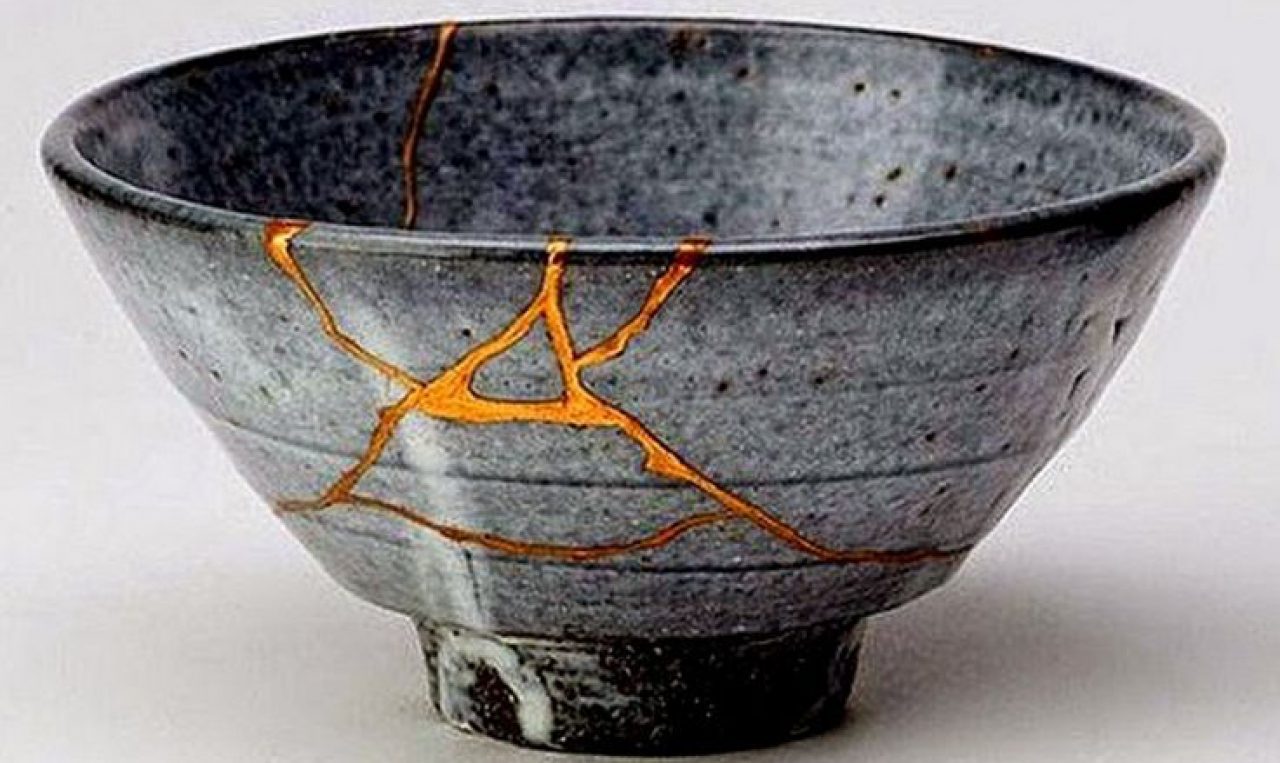Can someone be repaired from an emotional fracture? Who has had their heart broken? Whether it be by an old friend, a distant family member, an ex girlfriend, really anyone who you have ever cared about and lost touch with. When trying to put the pieces of your heart back together, a friend might try to console you with: “It just wasn’t meant to be.”, “There are plenty of fish in the sea.”, or “You could do so much better.” you might even tell yourself those things when trying to mend yourself, after all, Elizabeth Spelman reminds us that we are self-repairing organisms. Everyone has been hurt emotionally before, but what do you do when you are on the giving-end of the emotional trauma?
I started dating my first “real” girlfriend in the summer between sophomore and junior year of high school. We became very close friends during sophomore year, and decided that we both liked each other so we started dating. For eight months, the relationship was great, she was good friends with all of my friends, we treated each other respectively and were a couple that you might say “goals” to yourself when passing us in the hallway. However, all good things must come to an end, and the long, long “honeymoon phase” ended, and with it being my first ever real relationship, my feelings faded, things that she did that used to be funny were suddenly annoying, and so I got bored. I started seeing things in her that I had not seen before, things that I disliked, the way she treated some people, etc., and so I broke things off with a girl that I promised I would “love forever”, and I really did think that for a long time. She was broken afterward, she kept telling me how much she loved me for weeks after and tried to get me to change my mind, but my mind was made. The months following were hard, even for me, I had the feeling that I had torn this girl apart, emotionally. I would always tell her how sorry I was, she never accepted my apology. It’s been a year and a half and I still periodically text her and remind her that I was sorry for what I did to her. She has a new boyfriend now and is happy, so we are (reluctantly) pretty decent friends, and remain relatively civil in conversations with each other now. Deep down inside, though, I still feel like she has a sour taste in her mouth when she thinks about me, so was she ever fully repaired? She is over me and has a new boyfriend, but what defines a full repair of the heart?
The main “skill” still required of family members is the hardest one of all–the ability to forge, deepen, and repair relationships. Under normal circumstances the work of tending to relationships calls for noticing, acknowledging, and empathizing with the feeling of family members, patching up quarrels, and soothing hurt feelings.
But relationships among family members are not the only ones that are likely to need repair, and the household perforce provides apprenticeship in such skills: Because of the variety of ways in which humans are called upon to mend themselves, others, and the relationships they are in, they need some kind of rehearsal for and training in that long before and certainly during school years (35).
In this quote, Spelman claims that one of the hardest skills of all is the ability to “forge, deepen, and repair relationships.” I believe that. Things can barely ever go back to normal, you can think that everything is better than it’s ever been, then you think back to the way things have changed, and although you are happy, things will not go back to the way they were before. With that in mind, is it worth it to repair an emotional break or a relationship? If things are going to get better, but you will always have the thought of “the best times” in the back of your mind. Things don’t go back to normal.
